Geely acquires 50% stake in Smart from Mercedes-Benz parent Daimler
The 50/50 venture will spawn a new wave of electric cars in China
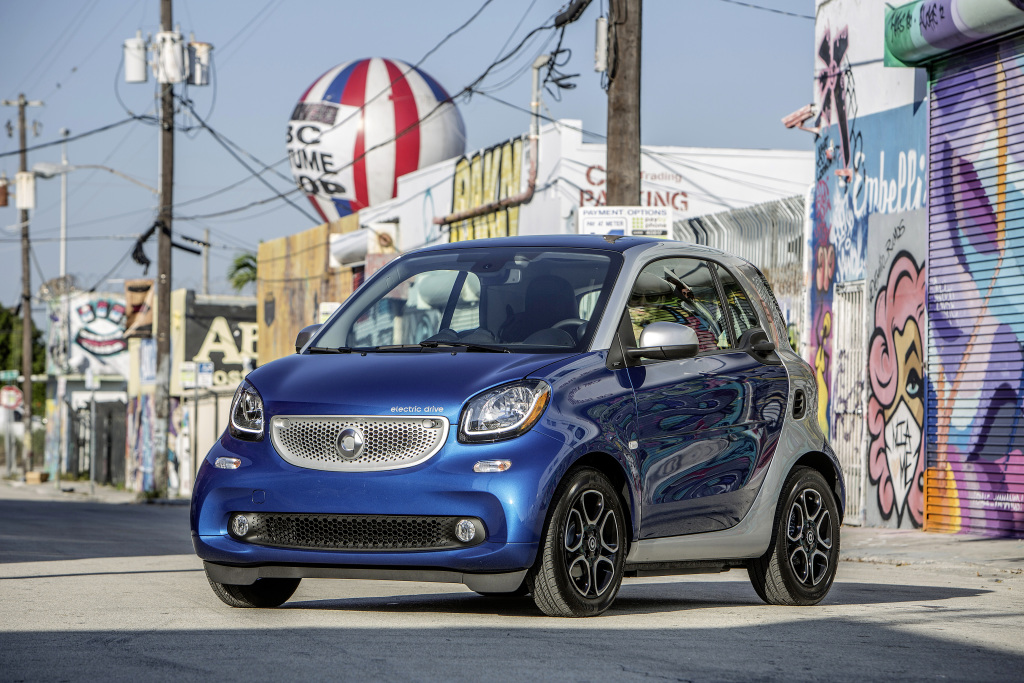
A free daily email with the biggest news stories of the day – and the best features from TheWeek.com
You are now subscribed
Your newsletter sign-up was successful
Chinese motoring giant Geely has acquired a 50% share in Smart from Mercedes-Benz parent firm Daimler, the companies have announced.
The 50/50 joint venture will move production of Smart cars to China, where it will be transformed into an electric-only brand by 2022, Autocar reports.
The companies have agreed to let Mercedes-Benz head up the design for the new EVs, while Geely will front the engineering aspect of the venture, the motoring magazine says.
The Week
Escape your echo chamber. Get the facts behind the news, plus analysis from multiple perspectives.

Sign up for The Week's Free Newsletters
From our morning news briefing to a weekly Good News Newsletter, get the best of The Week delivered directly to your inbox.
From our morning news briefing to a weekly Good News Newsletter, get the best of The Week delivered directly to your inbox.
Dieter Zetsche, the outgoing chief executive of Daimler, has confirmed that the German car firm’s production plant in France will remain open, safeguarding around 800 jobs, although the new Chinese factory will take over as Smart’s main facility, the Financial Times reports.
The company instead plans to invest €500m (£427m) into the French site, which will become the “new home” of Mercedes’s all-electric EQ models, the FT adds.
According to Bloomberg, Daimler has been “racking up losses” from Smart since the brand’s launch in 1998. It’s hoping that “young, city-dwelling consumers” in China, the world’s biggest motoring market, can “rejuvenate the brand”.
Daimler began its collaboration with Geely last year when the Chinese carmaker’s founder, Li Shufu, acquired a $9bn (£6.84bn) stake in Smart, the news site says. The two firms have also partnered to start ride-hailing and car-sharing services in China.
A free daily email with the biggest news stories of the day – and the best features from TheWeek.com
While it seems peculiar that one of the largest carmakers in the world would partner with one of its rivals, the soaring costs of battery development for EVs has “made it hard for automakers to build affordable zero-emissions vehicles” and forced them to strike partnerships with other motoring giants, says Automotive News Europe.
For instance, Volkswagen formed an alliance with Ford in January to boost their development of electric and autonomous vehicles.
By “pooling resources”, the two companies hope to “slash research and development costs as the race to build electrical vehicles accelerates”, The Daily Telegraph says.
-
 ‘Zero trimester’ influencers believe a healthy pregnancy is a choice
‘Zero trimester’ influencers believe a healthy pregnancy is a choiceThe Explainer Is prepping during the preconception period the answer for hopeful couples?
-
 AI surgical tools might be injuring patients
AI surgical tools might be injuring patientsUnder the Radar More than 1,300 AI-assisted medical devices have FDA approval
-
 9 products to jazz up your letters and cards
9 products to jazz up your letters and cardsThe Week Recommends Get the write stuff
-
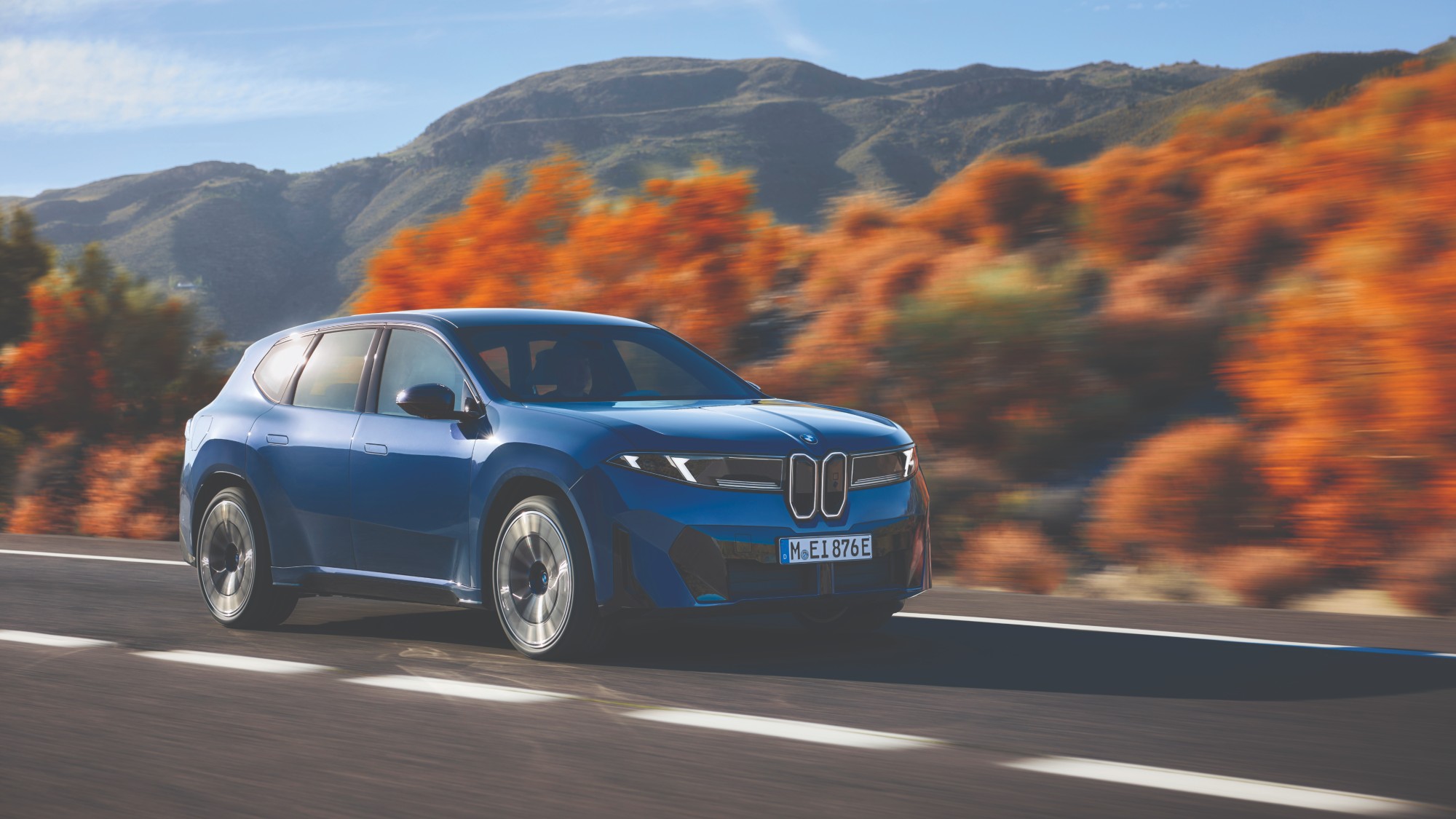 The best new cars for 2026
The best new cars for 2026The Week Recommends From SUVs to swish electrics, see what this year has to offer on the roads
-
 Are plug-in hybrids better for America's climate goals?
Are plug-in hybrids better for America's climate goals?Talking Points The car industry considers a 'slower, but more plausible path' to reducing emissions
-
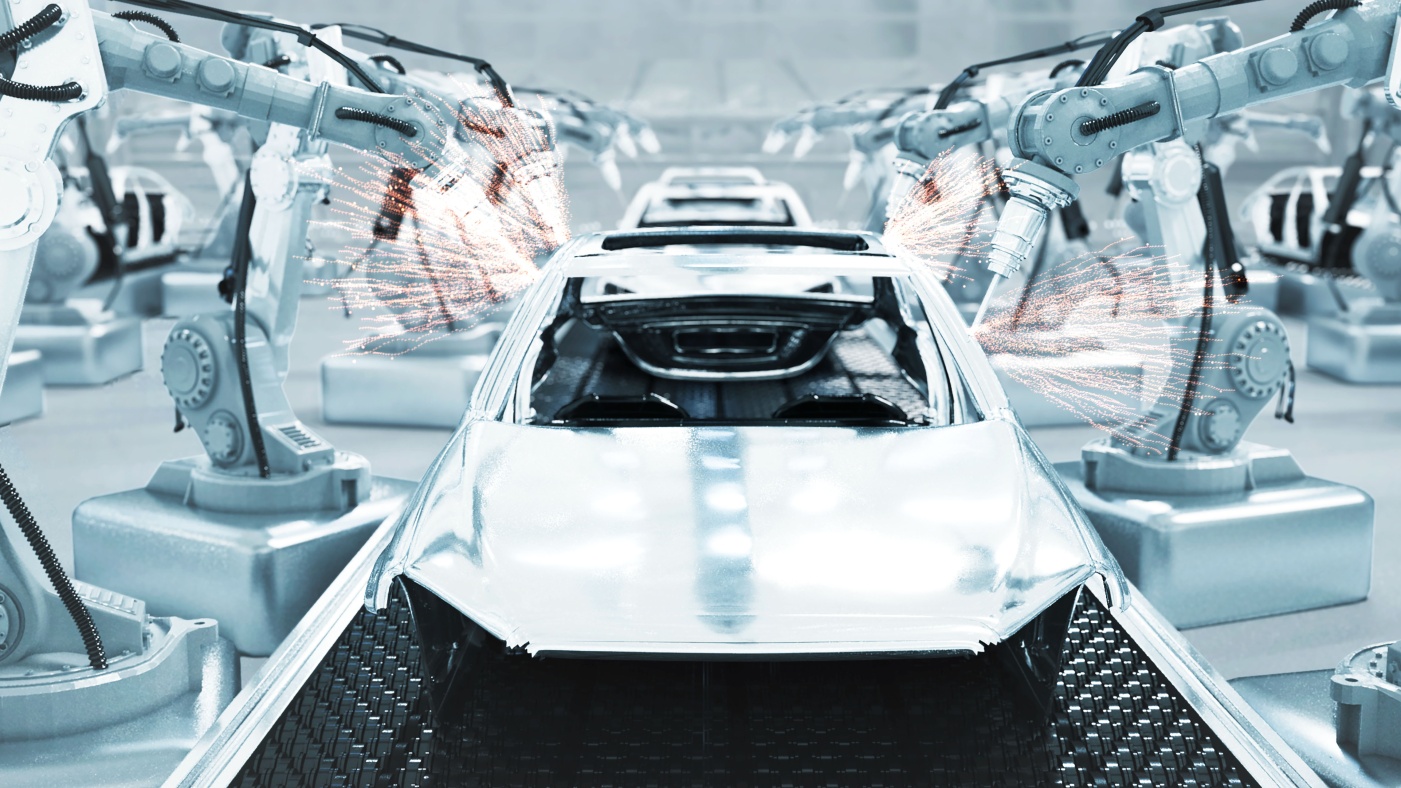 EV market slowdown: a bump in the road for Tesla?
EV market slowdown: a bump in the road for Tesla?Talking Points The electric vehicle market has stalled – with worrying consequences for carmakers
-
 The week's good news: Dec. 14, 2023
The week's good news: Dec. 14, 2023Feature It wasn't all bad!
-
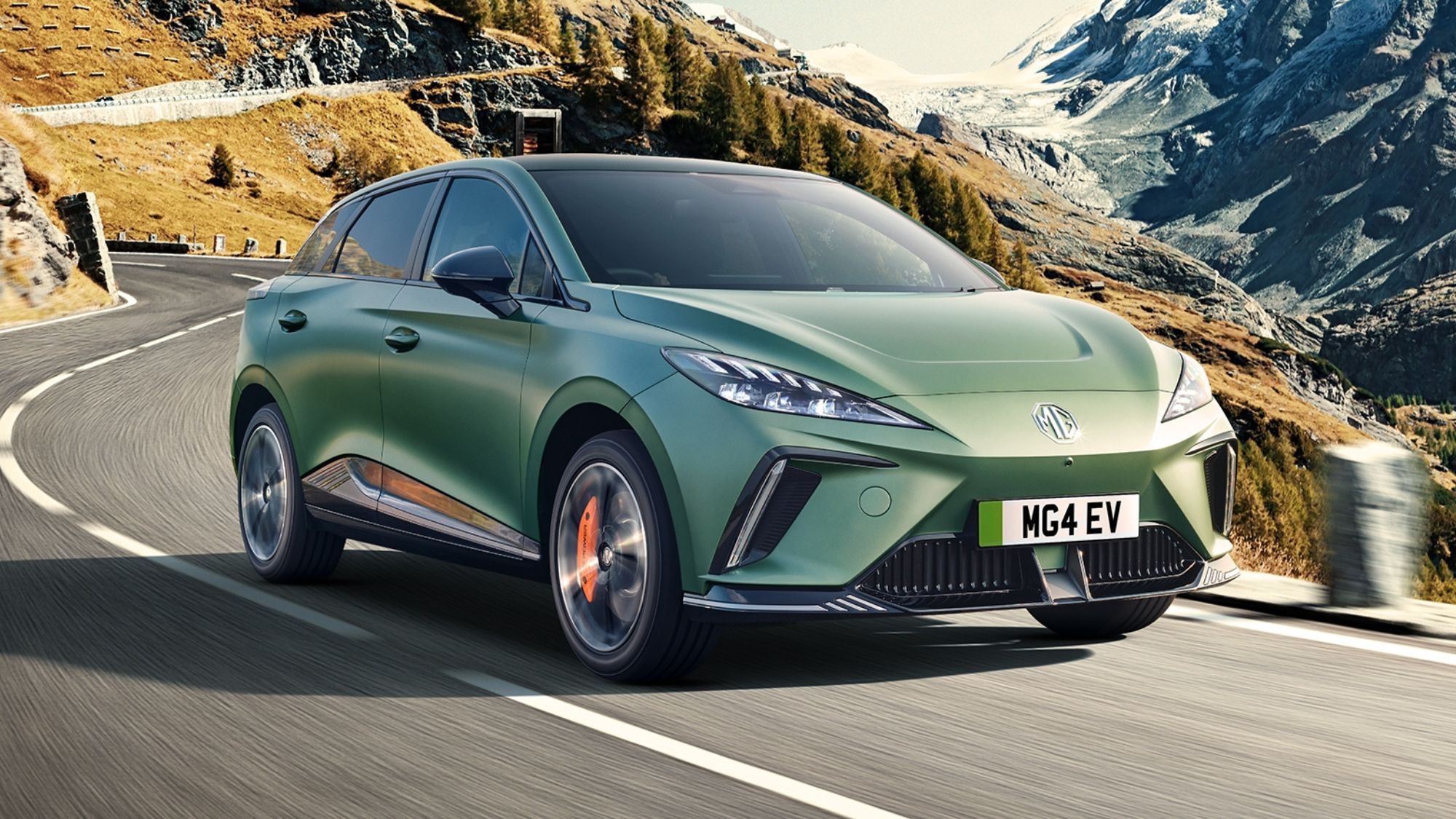 MG4 EV XPower review: what the car critics say
MG4 EV XPower review: what the car critics sayFeature The XPower just 'isn't as much fun' as a regular MG4
-
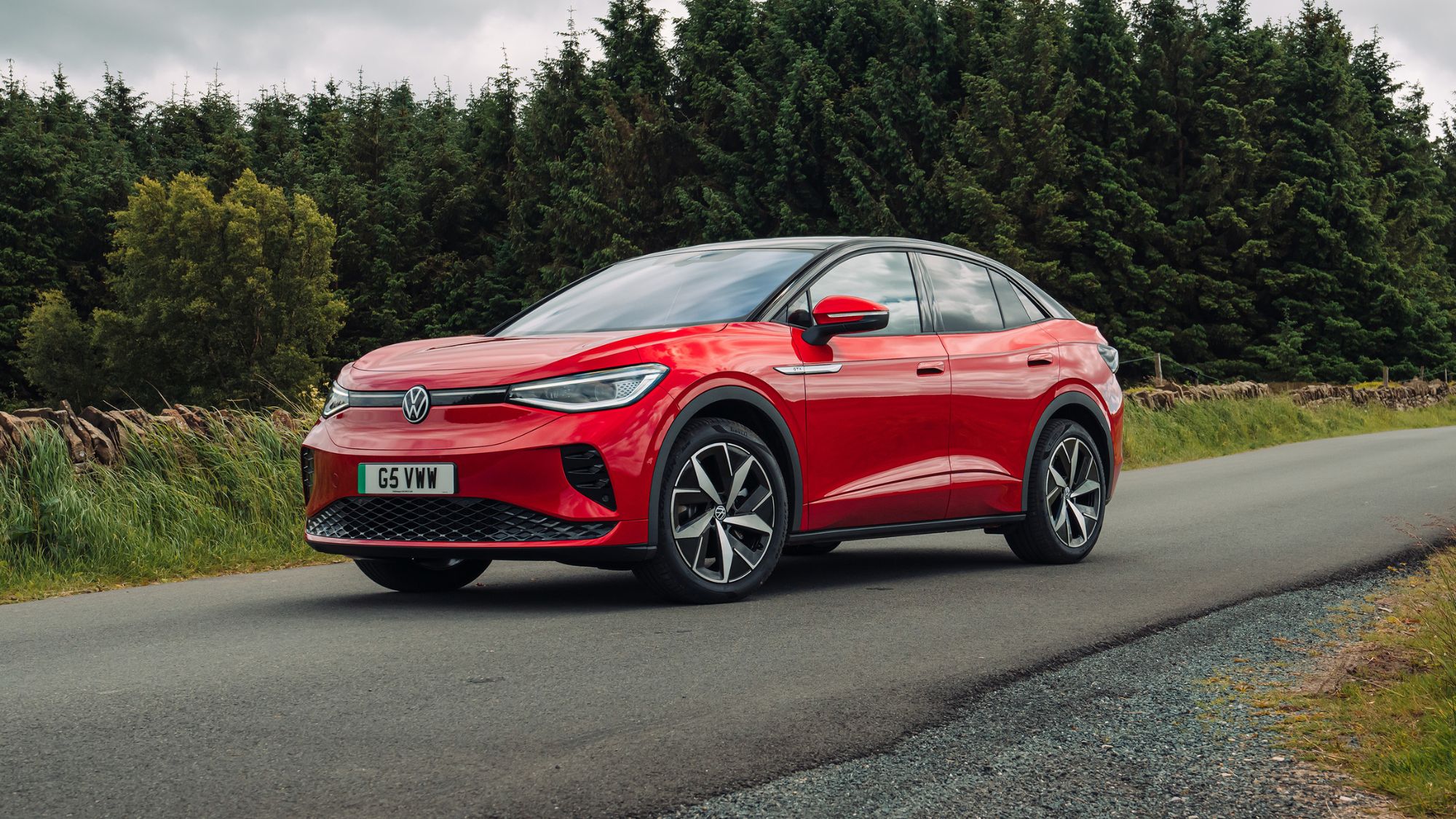 Volkswagen ID.5 review: what the car critics say
Volkswagen ID.5 review: what the car critics sayFeature The ID.4's 'sportier, more stylish twin' – but 'don't believe the hype'
-
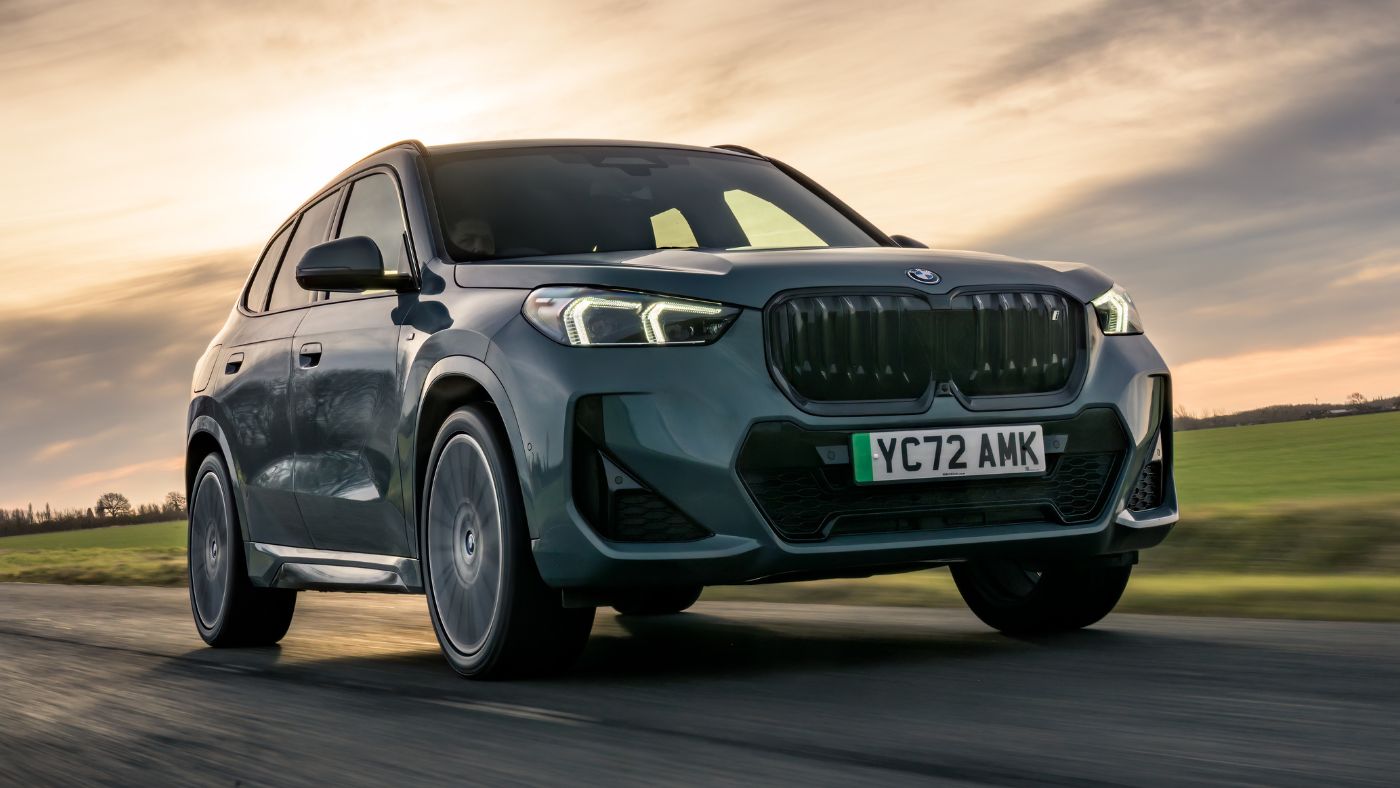 BMW iX1 review: what the car critics say
BMW iX1 review: what the car critics sayThe Week Recommends BMW’s smallest electric crossover has ‘precise’ steering and a ‘smart interior’
-
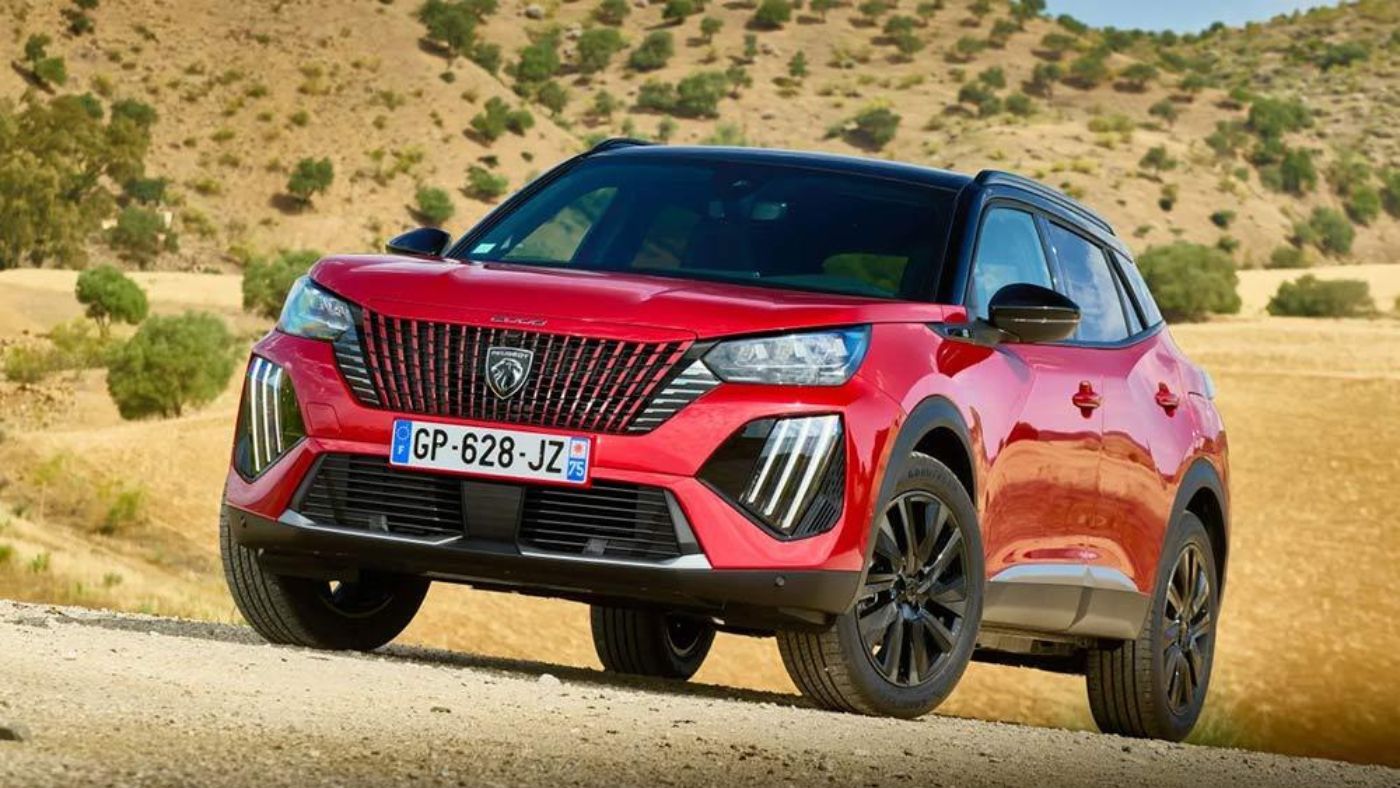 2023 Peugeot e-2008 review: what the car critics say
2023 Peugeot e-2008 review: what the car critics sayThe Week Recommends This small electric crossover has a ‘sophisticated feel’ and a bigger battery than the original